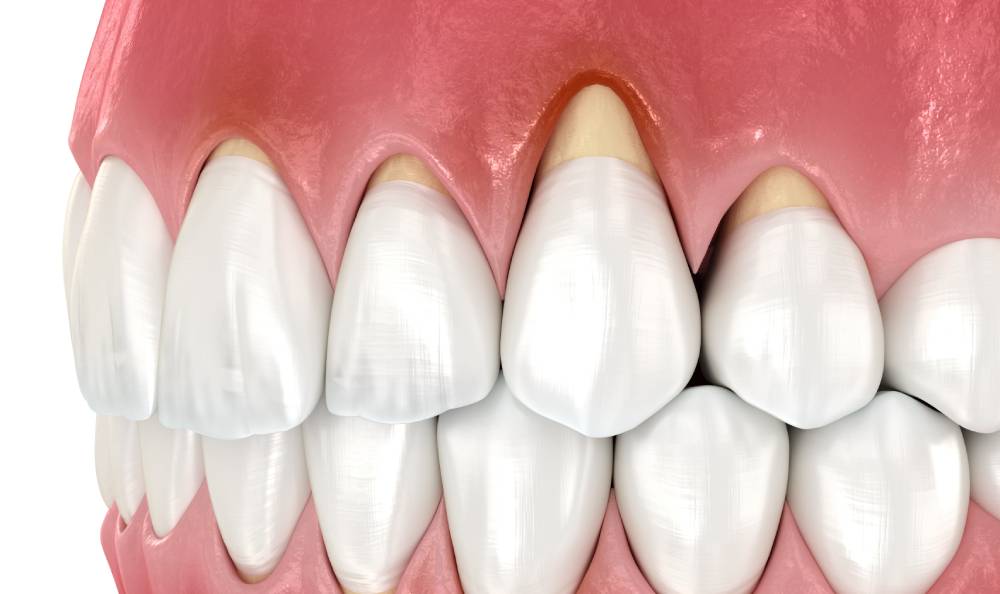Periodontal diseases are diseases that affect the entire oral cavity and are caused by improper or inadequate oral hygiene. Plaque that is not cleaned thoroughly hardens and turns into tartar. When large amounts of tartar mass build up, they reach the periodontal tissues, causing inflammation and increasing the risk of tooth loss. You may suspect periodontal disease without even visiting a dentist. Patients usually notice changes in their gums, such as bleeding, red, sensitive, swollen gums and sometimes the gums are even receding from teeth. There are also more negative changes, such as tartar formations on the teeth and bad breath. If you are bothered by these symptoms, you are probably suffering from periodontal disease – gingivitis or periodontitis.
Gingivitis, or inflammation of the gums, is a milder form of the disease and is quick and easy to treat. The problem is much more serious when these symptoms are not addressed in time. In this case, the disease progresses and gingivitis develops into a more severe form – periodontitis. This disease requires a long complex treatment.
